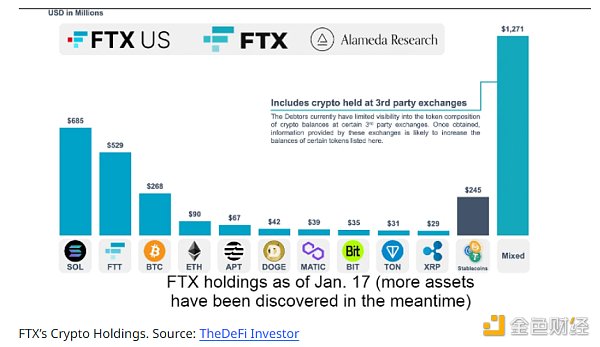Google has been "quantitative hegemony" being screened, and the cryptocurrency community already has a solution?
Earlier this week, Google gained "quantum hegemony" (presumably). This has caused a heated discussion about the world of cryptocurrencies (which can be imagined).
Cryptologists and cryptocurrent enthusiasts have had an endless debate about the impact of Google's quantum computers on bitcoin and other digital currencies. (The NASA file that was later deleted shows that Google's machines can complete calculations in seconds, while traditional machines take thousands of years to complete.)

David Chaum, who was hailed as the "father of passwords" for inventing the anonymous payment system e-Cash in the 1980s, did not stand idly by.
- Lightning Network Danger Vulnerability Details are disclosed, new versions of clients are not affected
- The strongest and most brain-burning anti-eavesdropping cryptography in history: Quantum key distribution
- Holding $7.6 million, Ethereum's most gas-consuming contract, FairWin, is accused of being a Ponzi scheme.
Yesterday, Chaum issued a statement on Google innovation, once again reiterating his position that the cryptocurrency world should develop anti-quantum technology from now on.
"We don't know how far other countries have gone in developing quantum computers. In the past, government agencies have been cracking passwords and have encryption capabilities for years, but no one knows."
"Google's news of quantum dominance makes me more convinced that quantum computing is coming, so I think we should all use anti-quantum methods."
Of course, even Bitcoin has a safe time before the quantum computer poses a real threat to its password integrity, but Chaum is pushing Praxxis to the fullest, which is a blockchain that uses anti-quantum fronts while protecting Users are not affected by any compromised metadata.
Chaum said that the Praxxis white paper will be released before the end of this year.
But he is not the only one who is worried about the quantum proof consensus algorithm.
Another project that is already underway is QAN. According to its project roadmap, the team claims to have achieved “quantum difficulty” in the beta testing phase.
QAN Chief Technology Officer Johann Polecsak said:
"It's best to make the worst plans for cryptography. We can observe in recent literature that past skeptics are now practicing their cryptographic protocols in post-quantum settings – just in case, Users should not worry now, but experts should be prepared in advance."
Polecsak and Chaum believe that it is time to prepare for the post-quantum world, and they are not alone.
Andrew Yang, the Democratic presidential candidate who is friendly to cryptocurrencies, is also paying attention to this. In fact, Yang has extensively discussed quantum computing and its potential threats to cryptography on his website.
Therefore, although Google’s “quantum first” theory may not have anything to be a little fussed, may it be better to pre-empt people than to regret it in the future?
We will continue to update Blocking; if you have any questions or suggestions, please contact us!
Was this article helpful?
93 out of 132 found this helpful
Related articles
- Science | What is cDai?
- “I am sorry, we are not “traditional banks””
- Read the relationship between Filecoin and IPFS in one article: Is Filecoin really the next gold mine?
- Viewpoint | Reward points are meaningless compared to blockchain rewards
- The financial structure of the Ethereum Ecology: How does it work?
- Popular Science | Long-distance attack problem of PoS protocol
- Former Federal Reserve official 怼 Bank of England Governor: The idea of cryptocurrency replacing the US dollar is unreasonable





